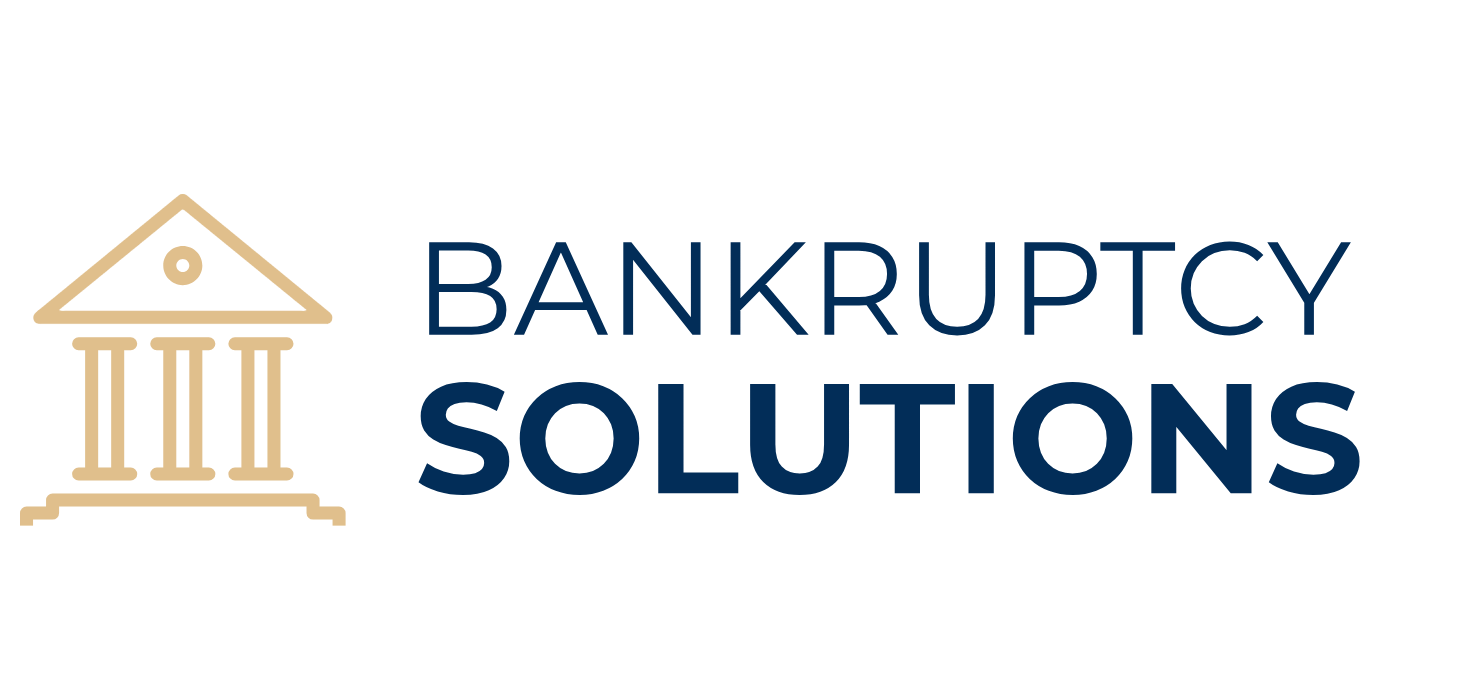In the realm of debt relief, Chapter 7 bankruptcy stands as a critical tool for individuals seeking a fresh financial start. This detailed article navigates the landscape of Chapter 7 bankruptcy, offering clear explanations and insights into its workings, qualifications, benefits, and potential drawbacks.
What is Chapter 7 Bankruptcy in Simple Terms?
Chapter 7 bankruptcy is a legal process that allows individuals to eliminate most unsecured debts by liquidating non-exempt assets under the supervision of a bankruptcy trustee. It offers a fresh start by wiping out qualifying debts, providing relief from overwhelming financial burdens.
How Chapter 7 Bankruptcy Works?
Understanding the Process:
- Filing a Petition: The debtor initiates the process by filing a petition for Chapter 7 bankruptcy with the bankruptcy court.
- Automatic Stay: Upon filing, an automatic stay goes into effect, halting creditor actions such as collection efforts, lawsuits, or wage garnishments.
- Liquidation of Assets: A bankruptcy trustee is appointed to oversee the liquidation of non-exempt assets, with the proceeds distributed to creditors.
How Long Does Chapter 7 Bankruptcy Take?
The duration of Chapter 7 bankruptcy typically spans three to six months from the date of filing to the discharge of debts. However, individual circumstances and court backlog may affect the timeline.
Stages of Chapter 7 Bankruptcy:
- Pre-Filing Preparation: Gather financial documents, complete credit counseling, and file bankruptcy forms.
- Filing the Petition: Submit the bankruptcy petition and schedules to the court.
- Meeting of Creditors: Attend a meeting with the bankruptcy trustee and creditors to review financial affairs.
- Asset Liquidation: Non-exempt assets are sold, and proceeds are distributed to creditors.
- Debt Discharge: Qualifying debts are discharged, providing relief to the debtor.
Who Qualifies for Chapter 7 Bankruptcy?
To qualify for Chapter 7 bankruptcy, individuals must pass the means test, demonstrating insufficient income to repay debts through a Chapter 13 repayment plan. Additionally, filers must not have filed for Chapter 7 bankruptcy within the previous eight years.
Why File Chapter 7 Bankruptcy?
- Debt Discharge: Chapter 7 bankruptcy offers a fresh start by eliminating qualifying debts, such as credit card balances, medical bills, and personal loans.
- Automatic Stay: Filing for bankruptcy triggers an automatic stay, halting creditor actions and providing immediate relief from collection efforts.
Where to File Chapter 7 Bankruptcy?
Chapter 7 bankruptcy is filed in the federal bankruptcy court serving the debtor’s jurisdiction. The court’s website or local bankruptcy attorney can provide guidance on filing requirements and procedures.
What Happens After Filing Chapter 7?
After filing Chapter 7 bankruptcy, debtors must complete financial management courses and comply with court requirements. Once debts are discharged, debtors can begin rebuilding credit and financial stability.
What Do You Lose in Chapter 7 Bankruptcy?
In Chapter 7 bankruptcy, non-exempt assets may be sold to repay creditors. However, exemptions protect essential assets such as primary residences, vehicles, and personal belongings from liquidation.
Can Chapter 7 Bankruptcy Be Denied?
Chapter 7 bankruptcy may be denied if the debtor fails to meet eligibility criteria, commits fraud, or fails to comply with court requirements. However, denial rates are relatively low for eligible filers.
Does Chapter 7 Bankruptcy Affect Your Credit?
Chapter 7 bankruptcy remains on credit reports for up to ten years, impacting credit scores and making it challenging to qualify for new credit. However, individuals can begin rebuilding credit immediately after discharge.
Does Chapter 7 Bankruptcy Take Your Car?
While Chapter 7 bankruptcy may involve liquidation of non-exempt assets, exemptions typically protect essential assets such as vehicles necessary for work or transportation. The main issue is you always can find options to file a bankruptcy and keep your car.
In conclusion, Chapter 7 bankruptcy offers a path to financial relief for individuals overwhelmed by debt. By understanding its workings, qualifications, and implications, debtors can make informed decisions and pursue a fresh start towards financial stability.

